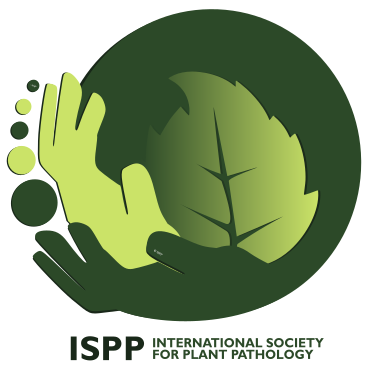|
REPORT FOR ISPP TASK FORCE ON GLOBAL FOOD SECURITY
February 2003 meeting
ACTIVITY 4:
FARMER TRAINING IN SIMPLE DISEASE MANGEMENT ON CASSAVA IN GHANA
E. Moses, Crops Research Institute, Kumasi, Ghana.
BACKGROUND
At the ISPP Task Force on Global Food Security Meeting in Bangkok,
Thailand in 1999 the meeting accepted as an activity how farmers in
developing countries should be trained to acquire simple knowledge in
controlling diseases of their major staples to increase yield and
improve on their food security. The activity was developed with focus
on controlling cassava diseases because of the importance of cassava as
a major staple in sub-saharan Africa. The main task was to develop
simple teaching tools such as facts sheets on diseases of cassava with
simple practical instructions on how the diseases can be controlled.
The facts sheets in English and local languages were then to be used to
transfer knowledge on cassava diseases and their control to farmers
through Agricultural extension agents.
An example fact sheet is attached, on cassava diseases and their control.
This material was simply designed to benefit farmers with minimum
education who attend our workshops and Farmer Field Days on Cassava
Diseases. In addition, several pictures on diseases of cassava have been
scanned and printed on to acetate papers and these have been used in
workshops and illustrations before field visits with farmers at Field
Days. Some of these teaching materials have also been developed on Power
Point and are being used in training farmers and extension agents. These
tools that I have developed can be used effectively and extensively to
control diseases and increase yield. I have to keep on searching for
financial support for this kind of project to make a bigger impact on
food production.
The activity was to be started in Ghana and the success story
transferred to other developing countries where cassava is a major
staple. The major constraint against the direct implementation of the
Activity was funding. Efforts were made to secure direct funding for
the implementation of this Activity particularly through the Natural
Resources Institute, UK but was not successful. This resulted in the
modification of the approach to implement this activity. The strategy
developed therefore, was to consciously factor this activity into all
crop protection projects on cassava in Ghana that Emmanuel Moses was
involved to ensure that the activity was implemented. The activity was
implemented through the following projects:
1. Participatory Cassava Breeding Project (an NRI, UK/ CRI, Ghana project). This is a farmer/scientist participatory project selecting for resistance to African Mosaic Virus Disease (ACMV) and other diseases of cassava.
2. Cassava Planting Material Multiplication Project. This is a project funded under the National Root and Tuber Improvement Programme of Ghana.
3. Identification of local varieties of cassava with tolerance to ACMV and cassava anthracnose disease (CAD). This project is also funded under the National Root and Tuber Improvement Programme of Ghana.
4. Control of tuber rot disease of cassava. A project funded under the National Root and Tuber Improvement Programme of Ghana.
5. Integrated Pest Management of Root and Tuber Crops. This project is also funded under the National Root and Tuber Improvement Programme of Ghana.
The implementation of the Task Force activity under the various
projects are described below.
TASK FORCE ACTIVITY 4 UNDER "PARTICIPATORY CASSAVA BREEDING"
This project is a DFID, UK funded project on-going in Ghana. Farmers at
three locations (2 locations in forest and 1 in a forest-savanna
transition zone) are involved in participatory selection of cassava for
resistance to ACMV and other diseases. Cassava varieties with
resistance to major diseases are being developed from seeds from a
maximum of 18 cassava families. Thirty to fifty farmers are involved in
the project at each location. Using appropriate local dialects on
farmer field days, the farmers involved in the project are taught all
the basic things they have to know about diseases of the crop. Farmers
are trained on the field to identify the various diseases of the crop
through expressed symptoms. In addition, they are made to appreciate
the importance of yield losses due to diseases. Simple knowledge in
disease control including the use of healthy planting materials,
rouging and burning of disease plants in the case of cassava bacterial
blight( (CBB), using disease resistant varieties and practicing crop
rotations were transferred to farmers. This project is on-going and
project farmers are always encouraged to transfer the gains they have
acquired to other farmers in their communities to prevent spread of
diseases.
TASK FORCE ACTIVITY 4 UNDER "CASSAVA PLANTING MATERIAL MULTIPLICATION"
The cassava planting materials multiplication project is an activity
under the National Root and Tuber Improvement Programme of Ghana. The
project multiplies planting materials of four improved varieties of
cassava on large scale and distribute healthy planting materials
nationwide to farmers for cultivation to improve food security and
poverty reduction.
To ensure that farmers use healthy planting materials, fields under
the project are inspected by teams of crop protectionists before they
are coppiced for distribution.
|



